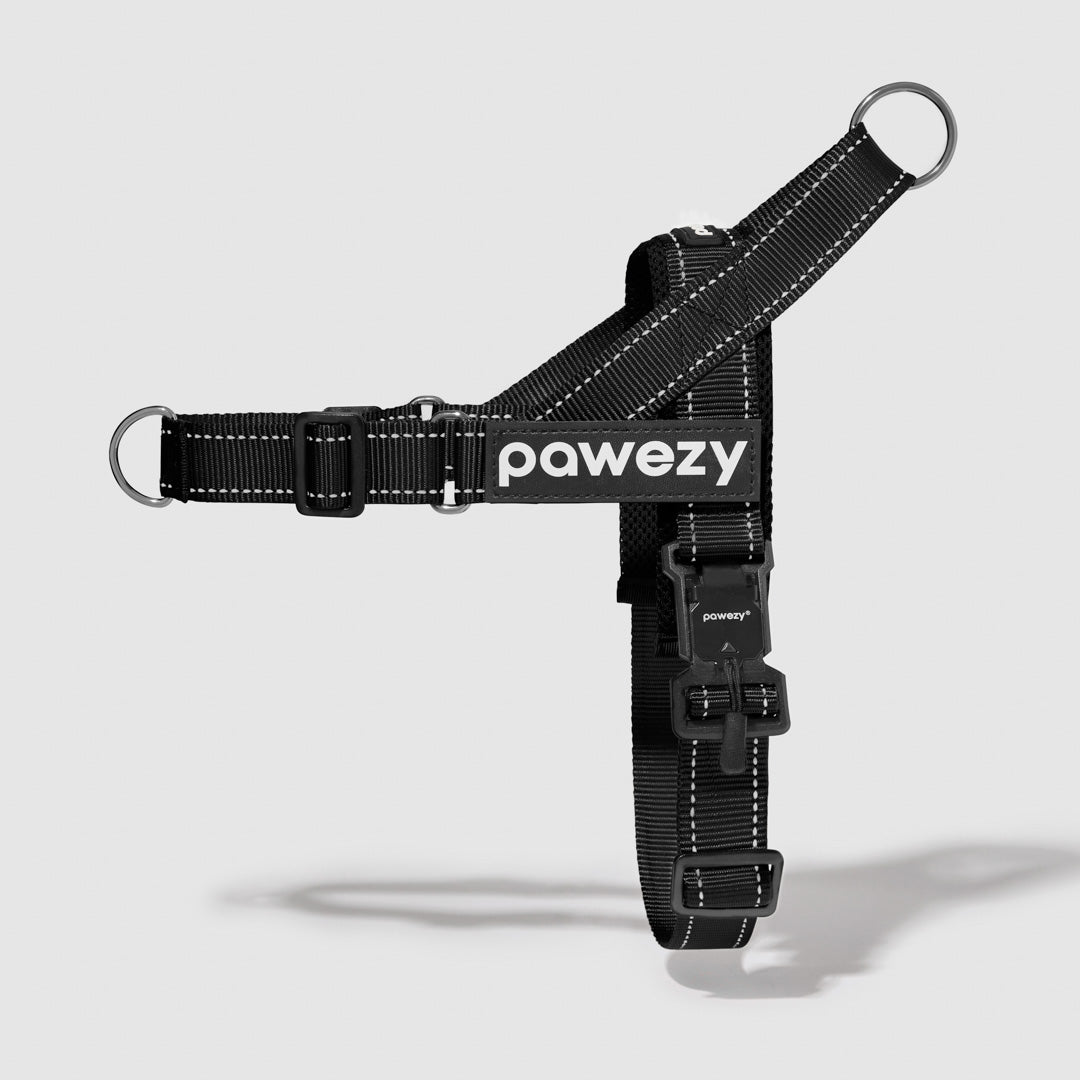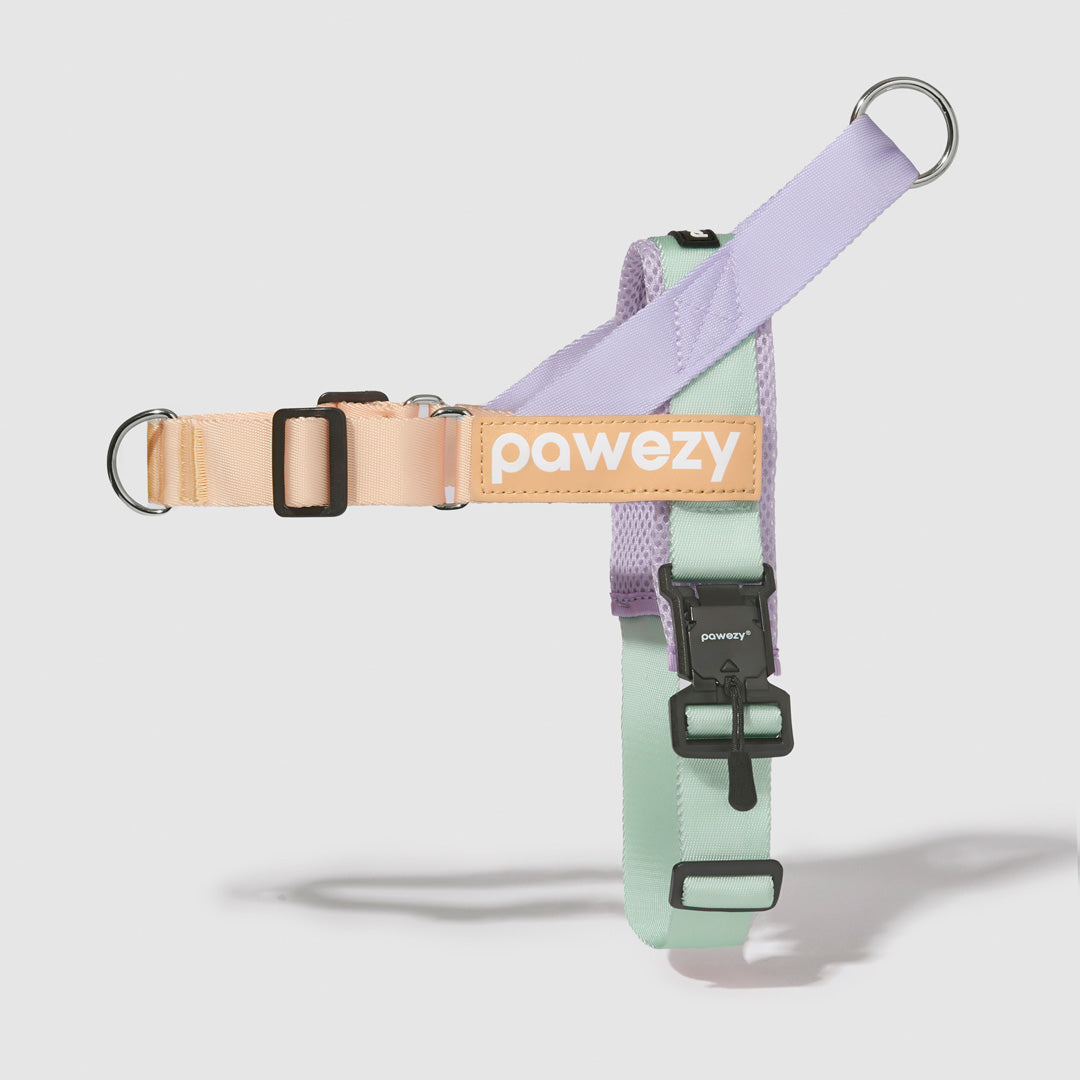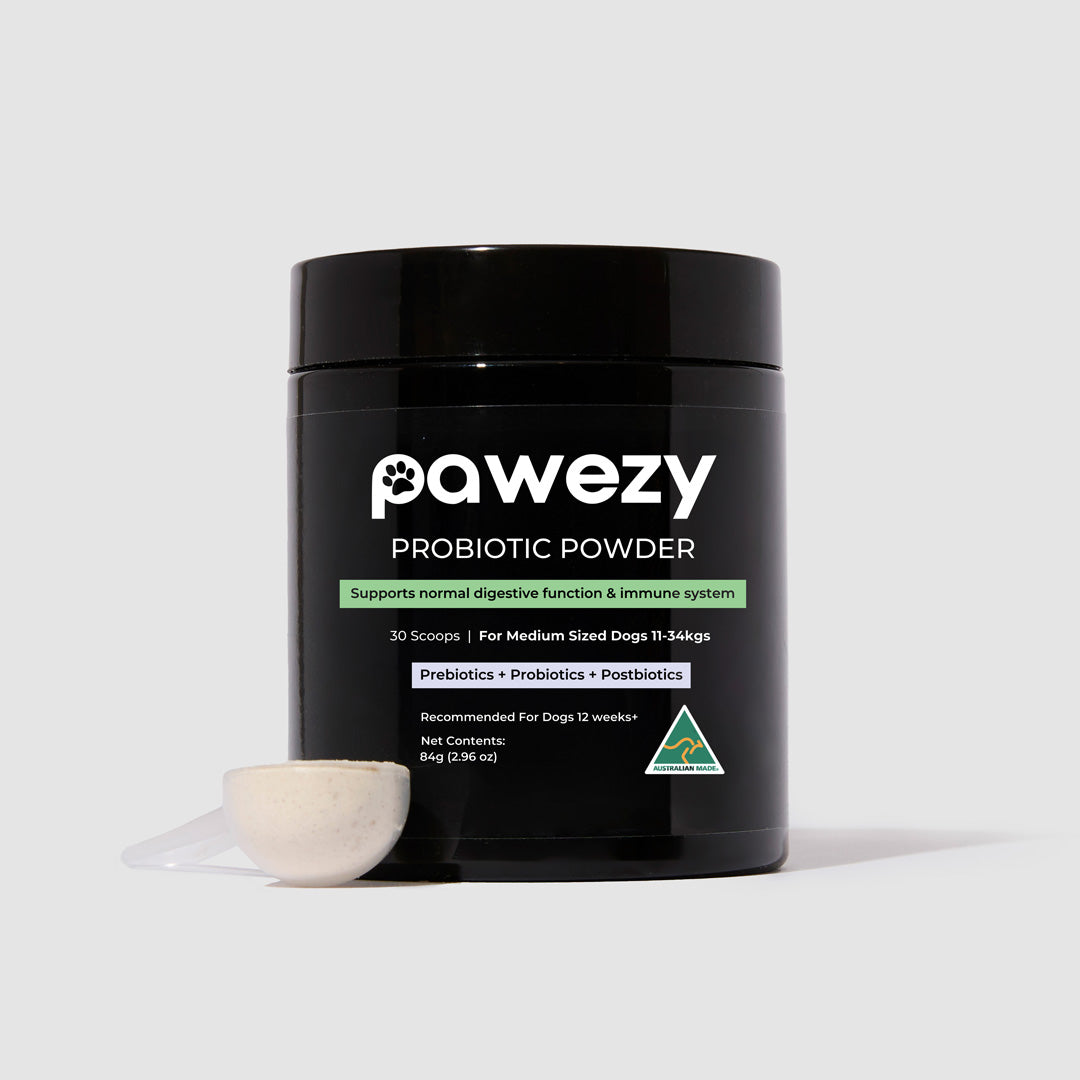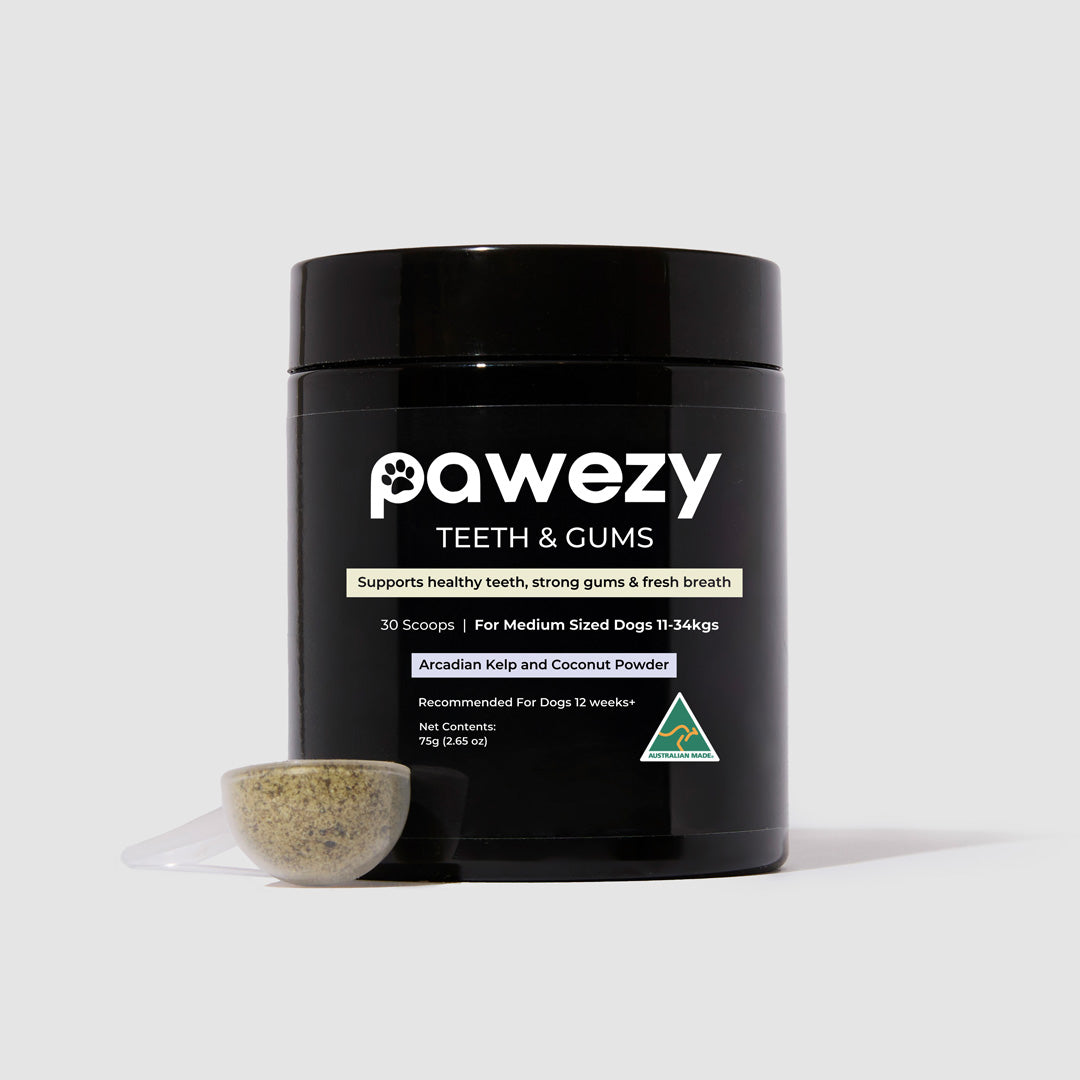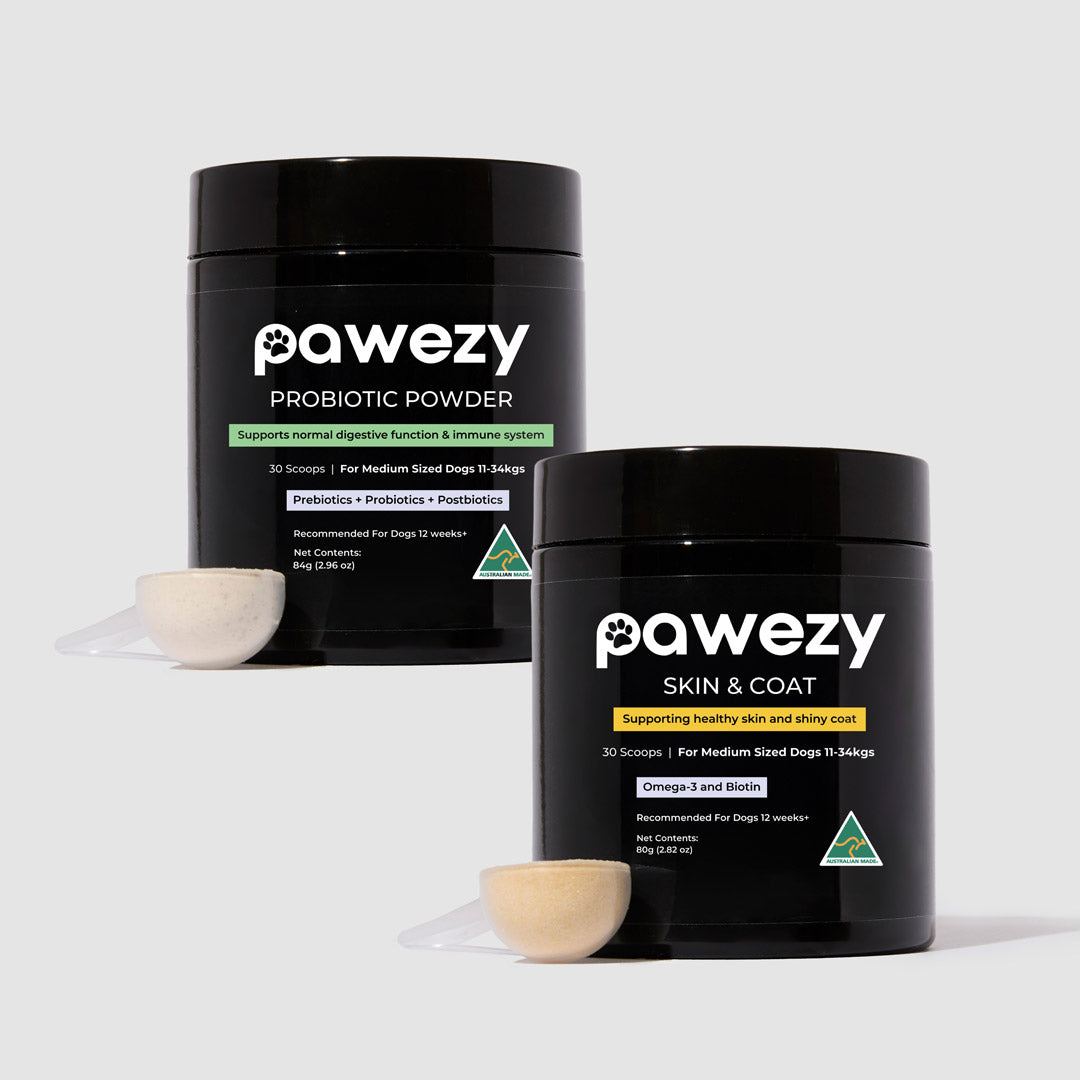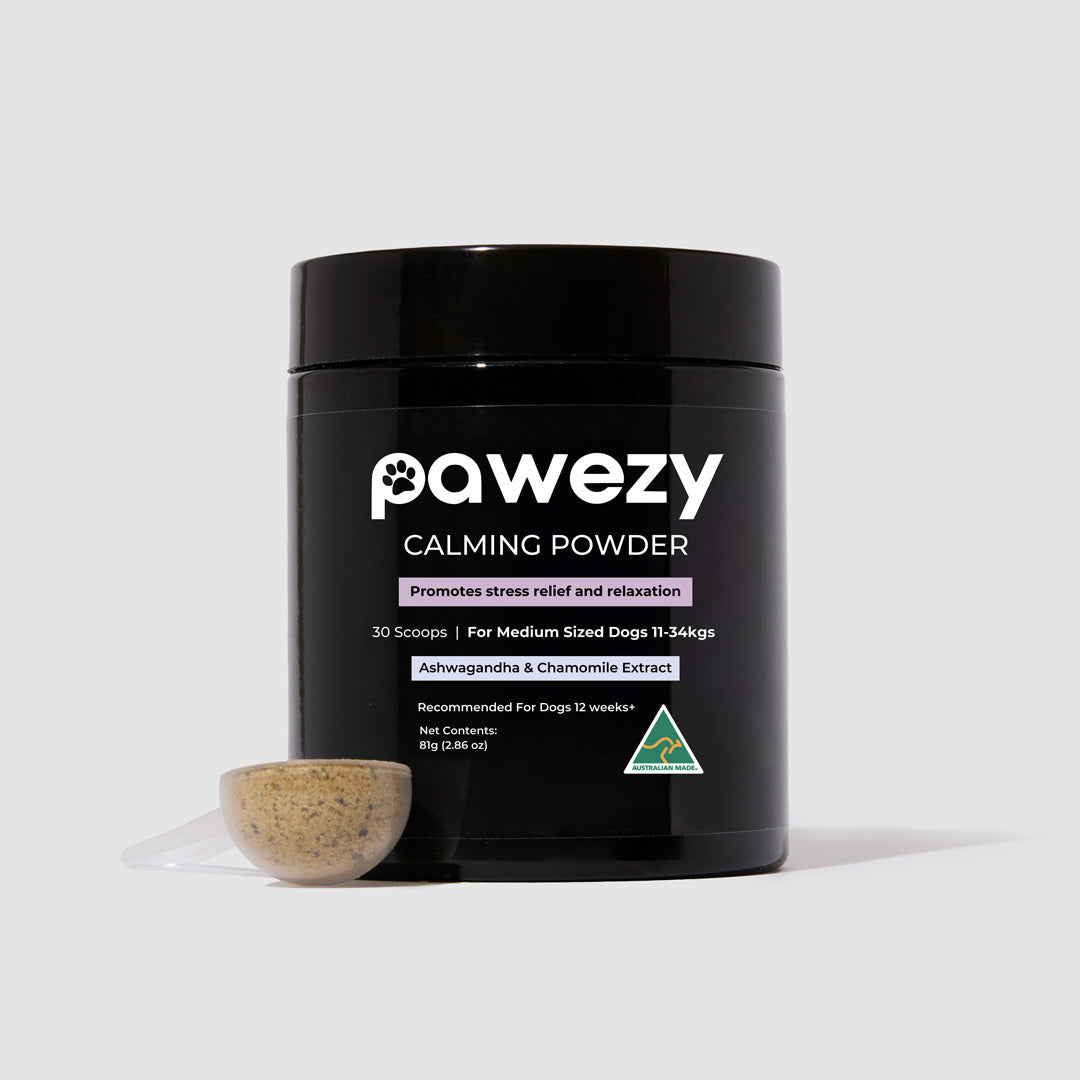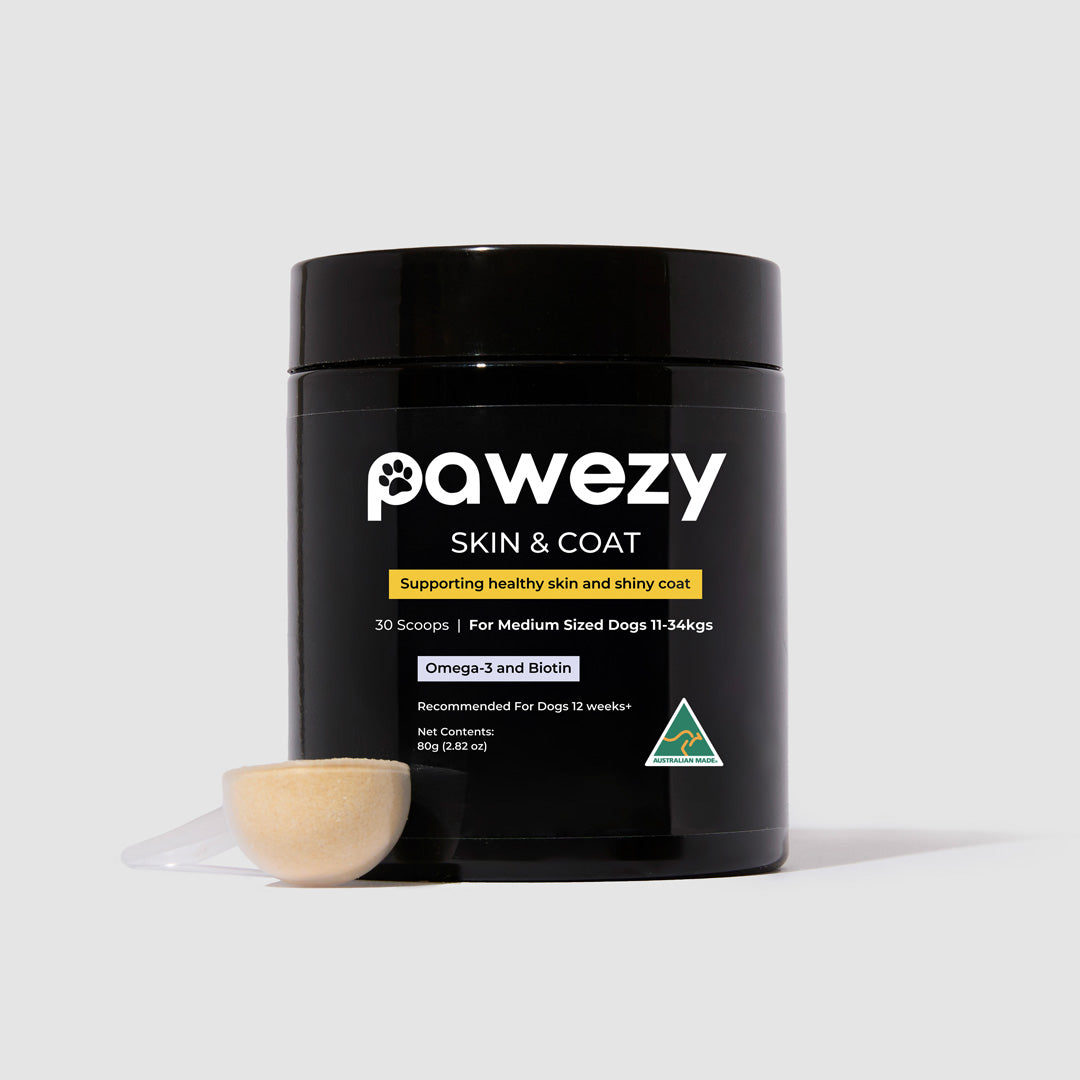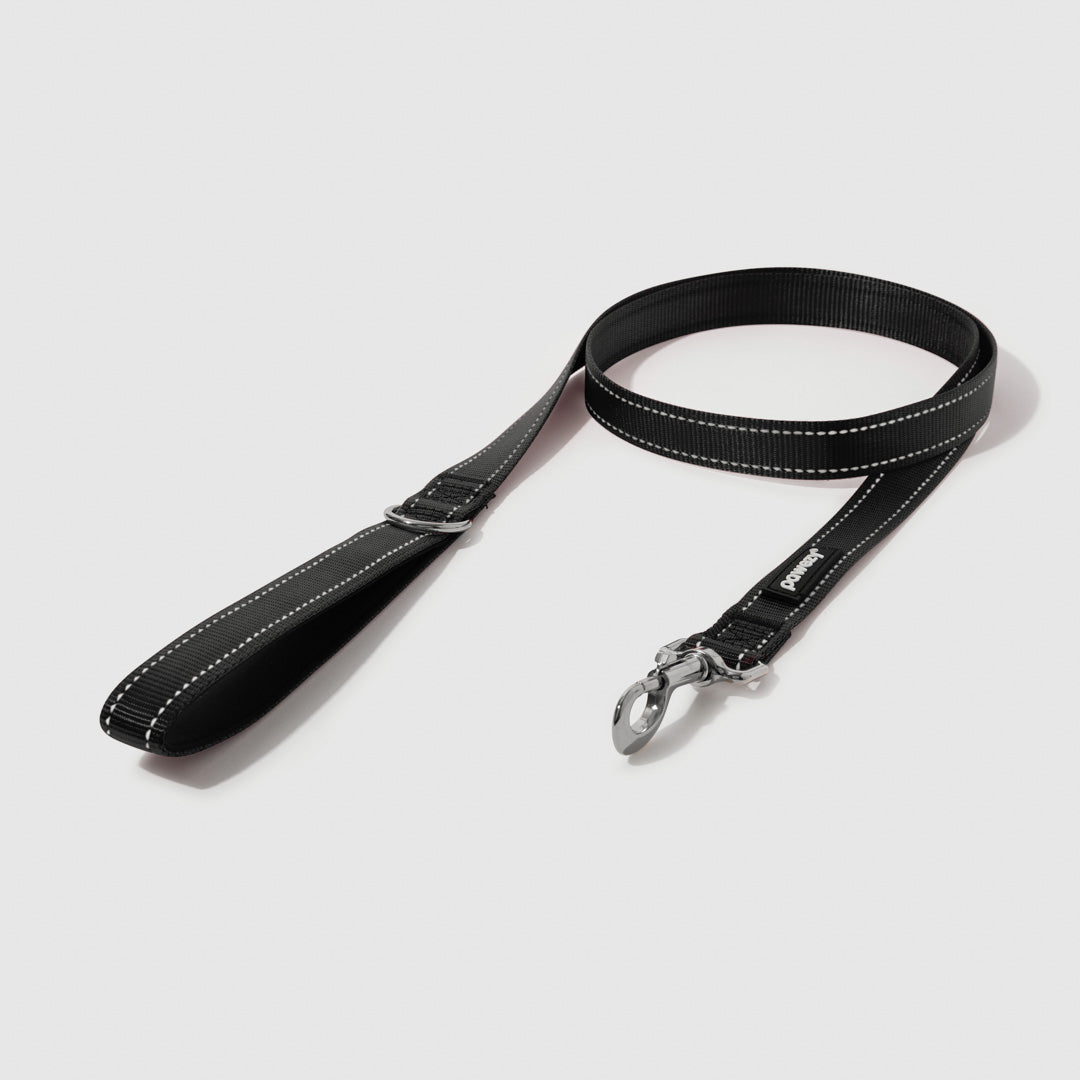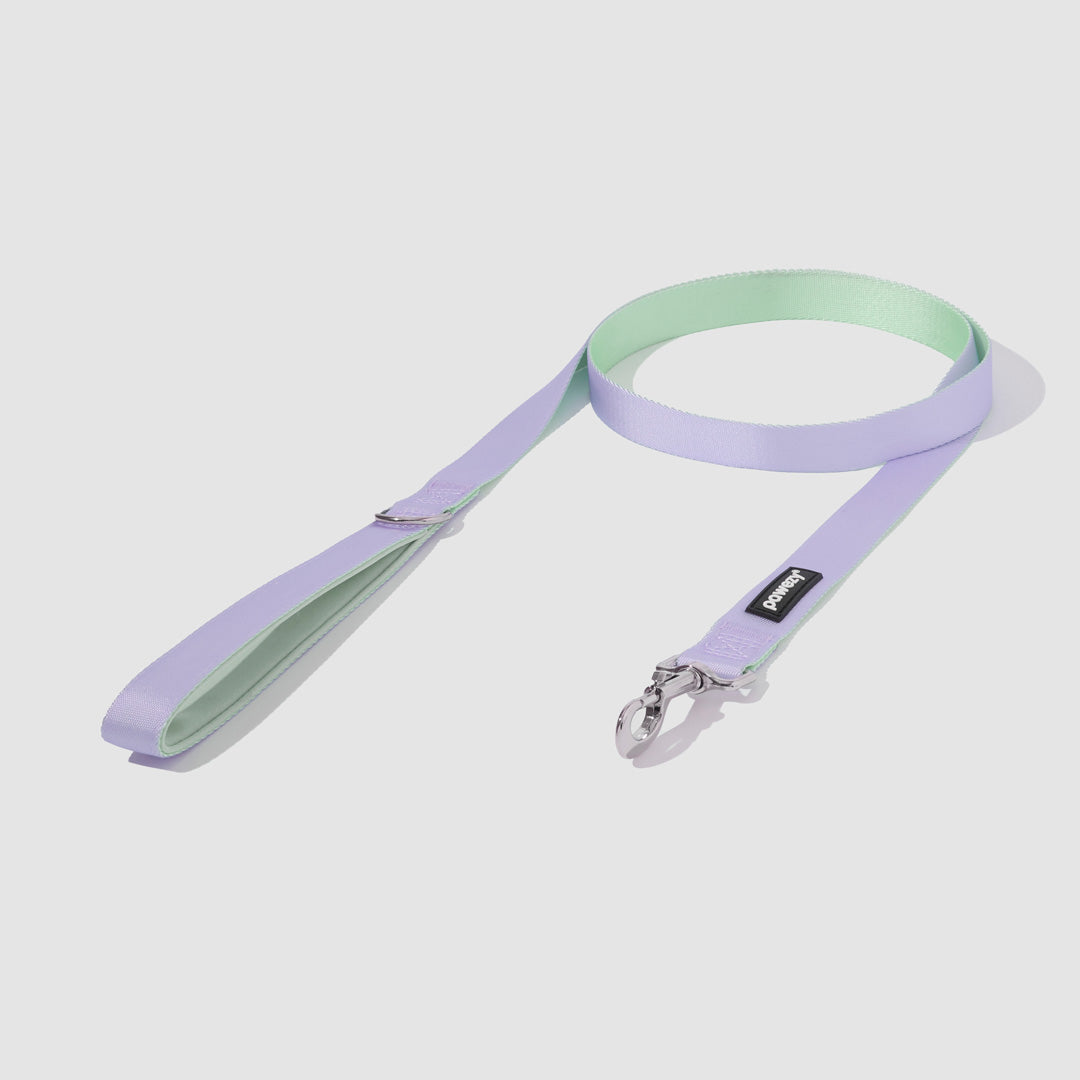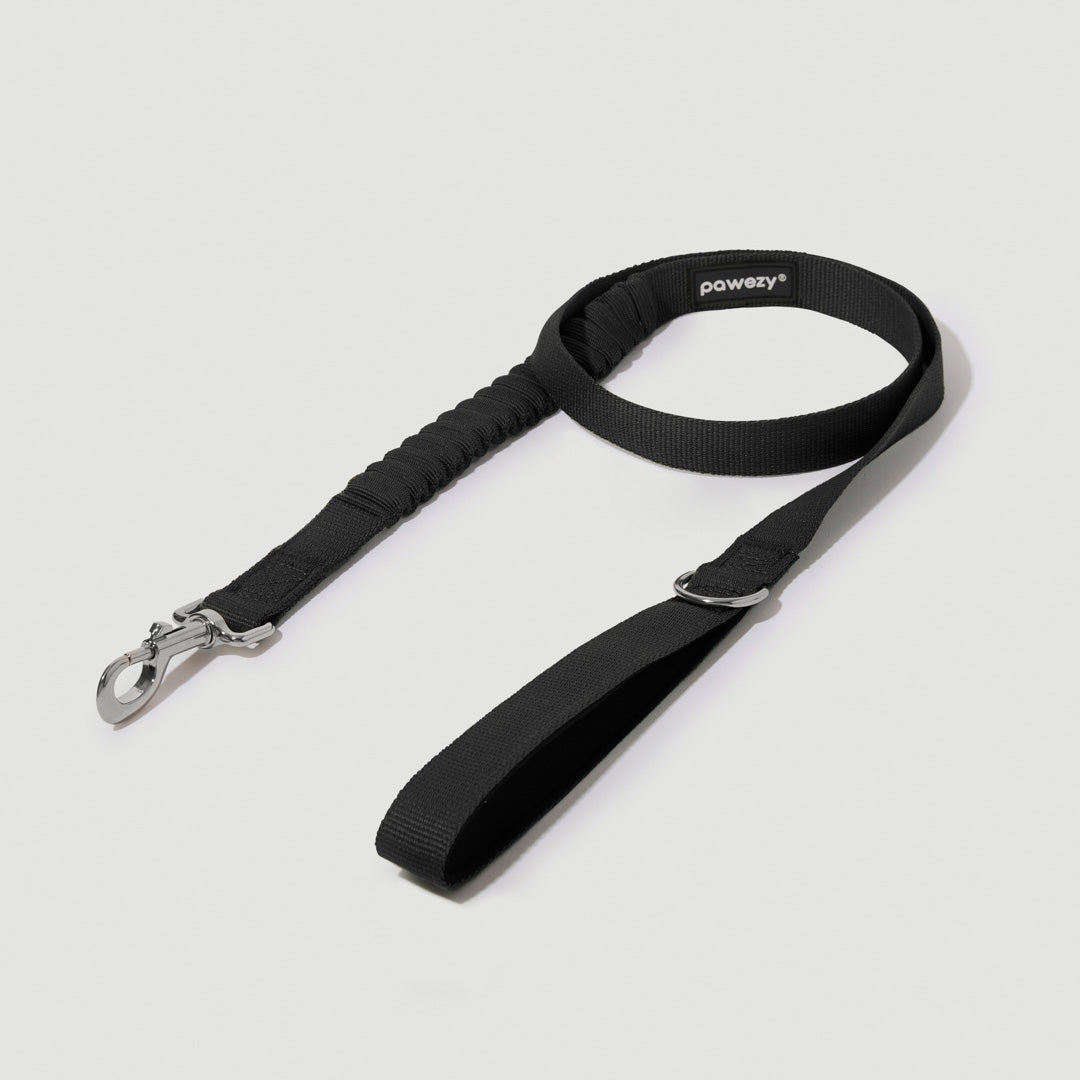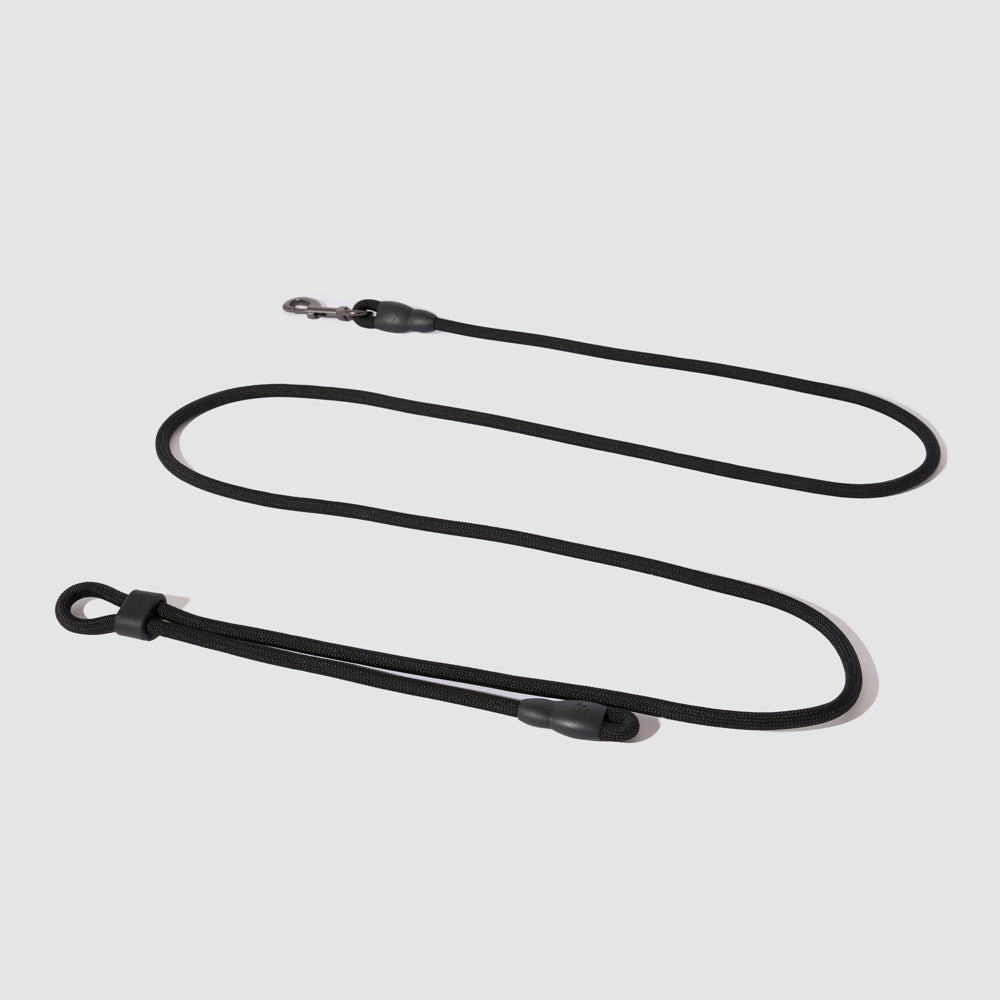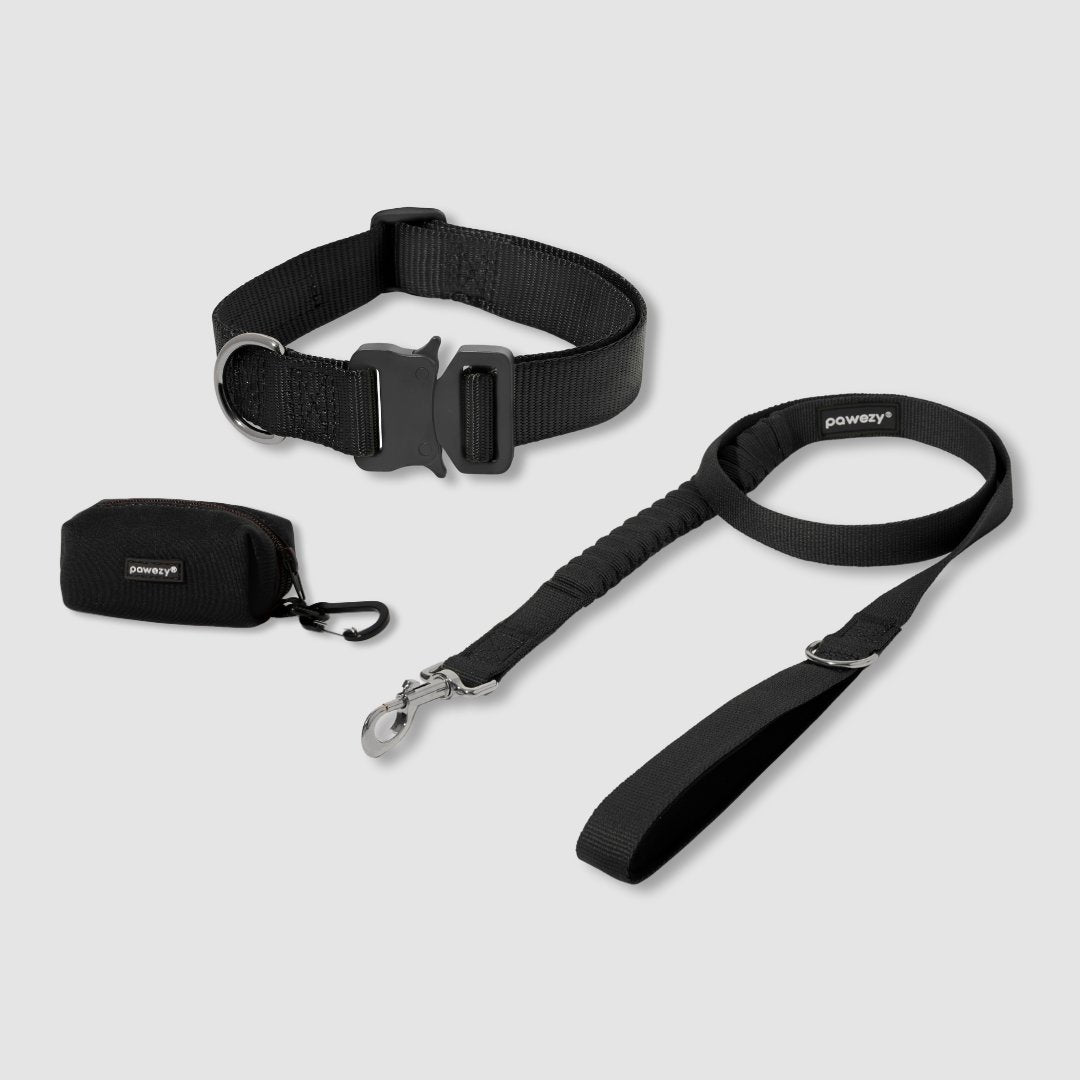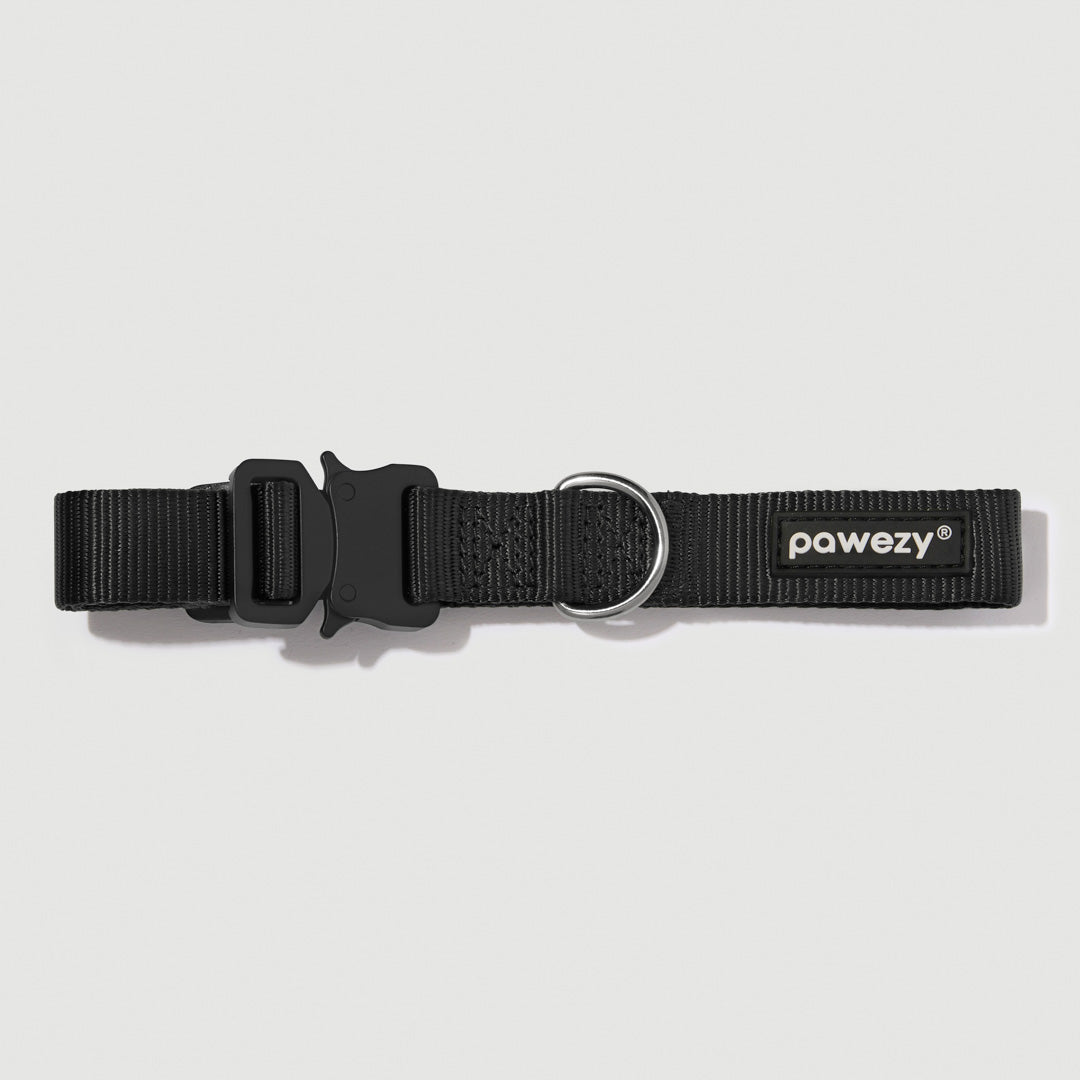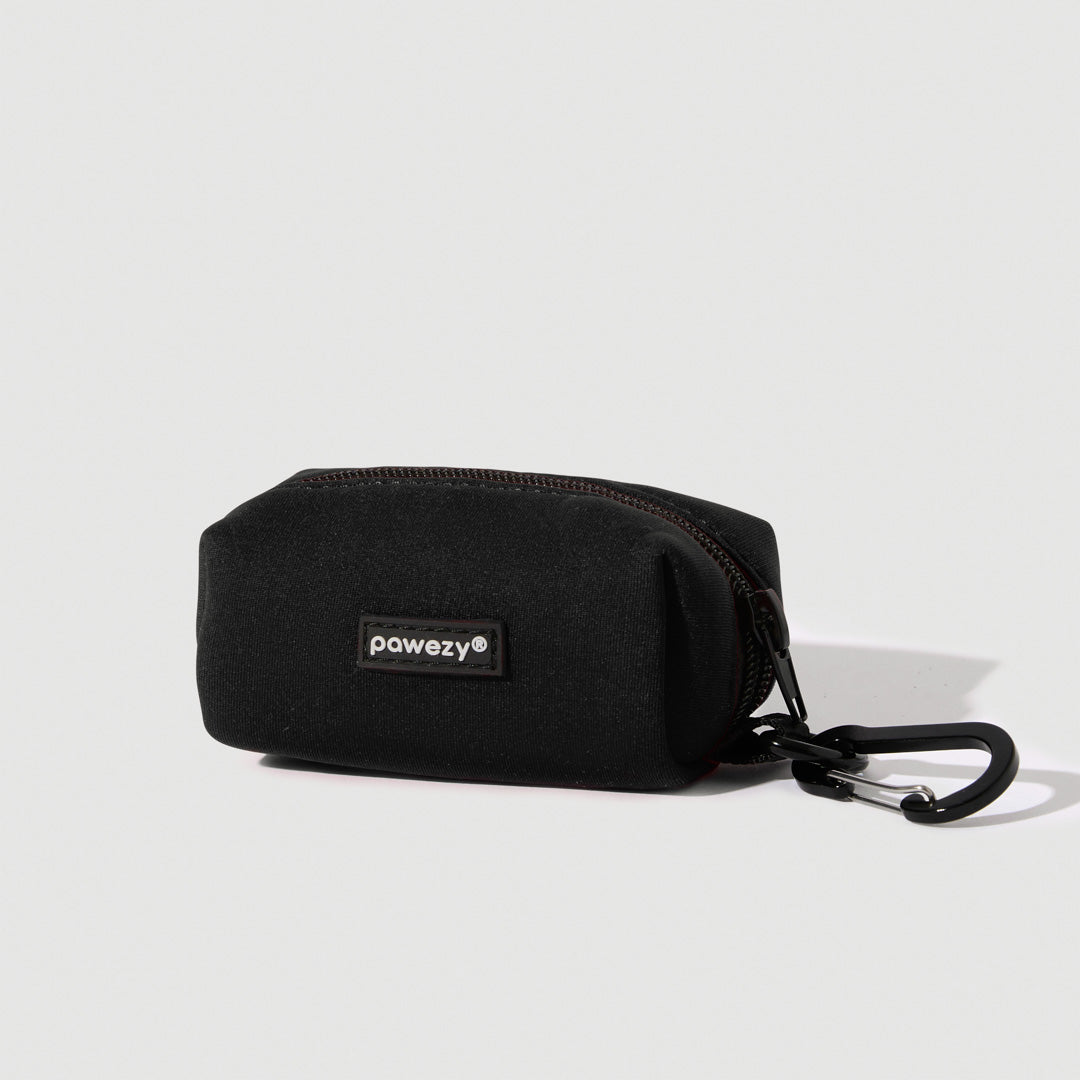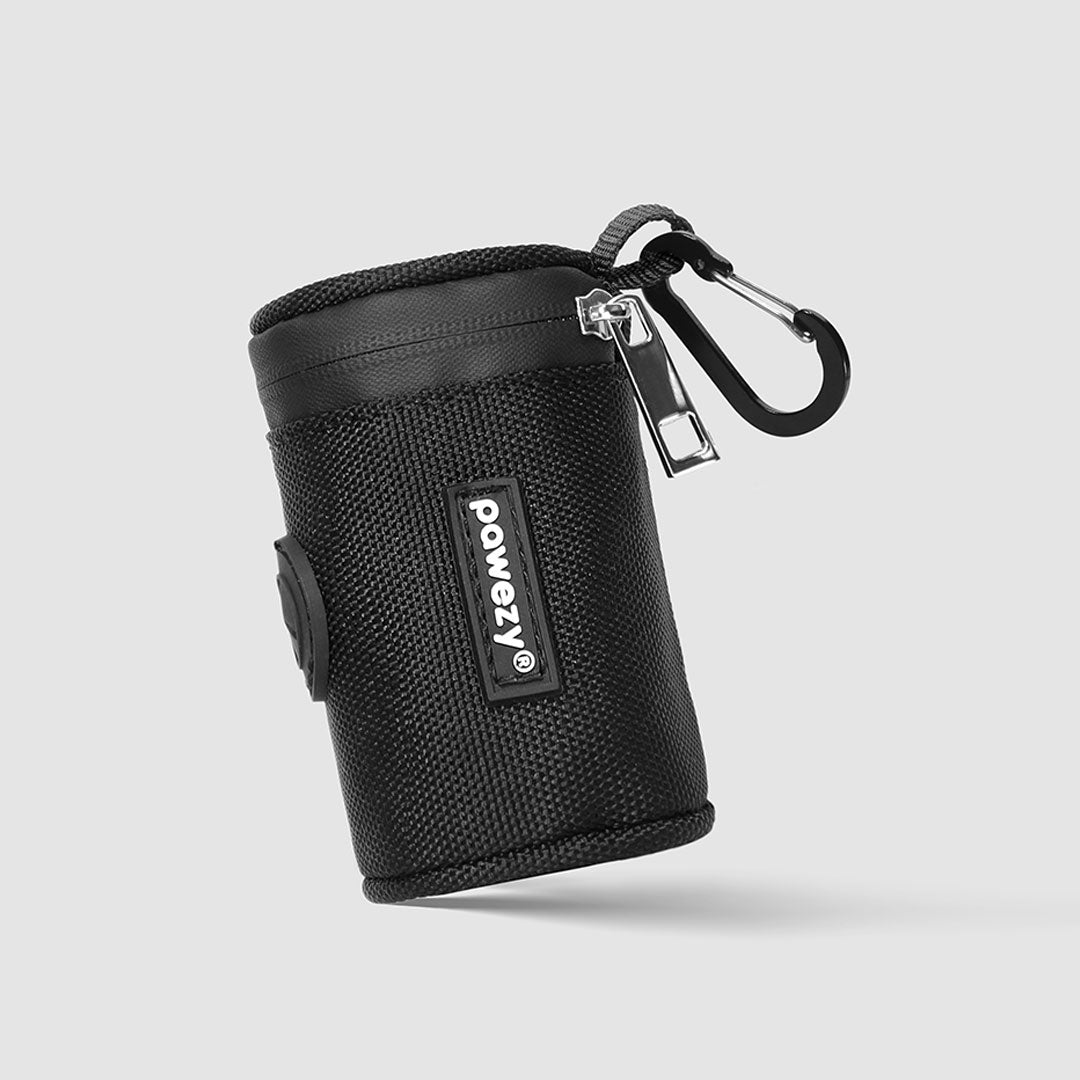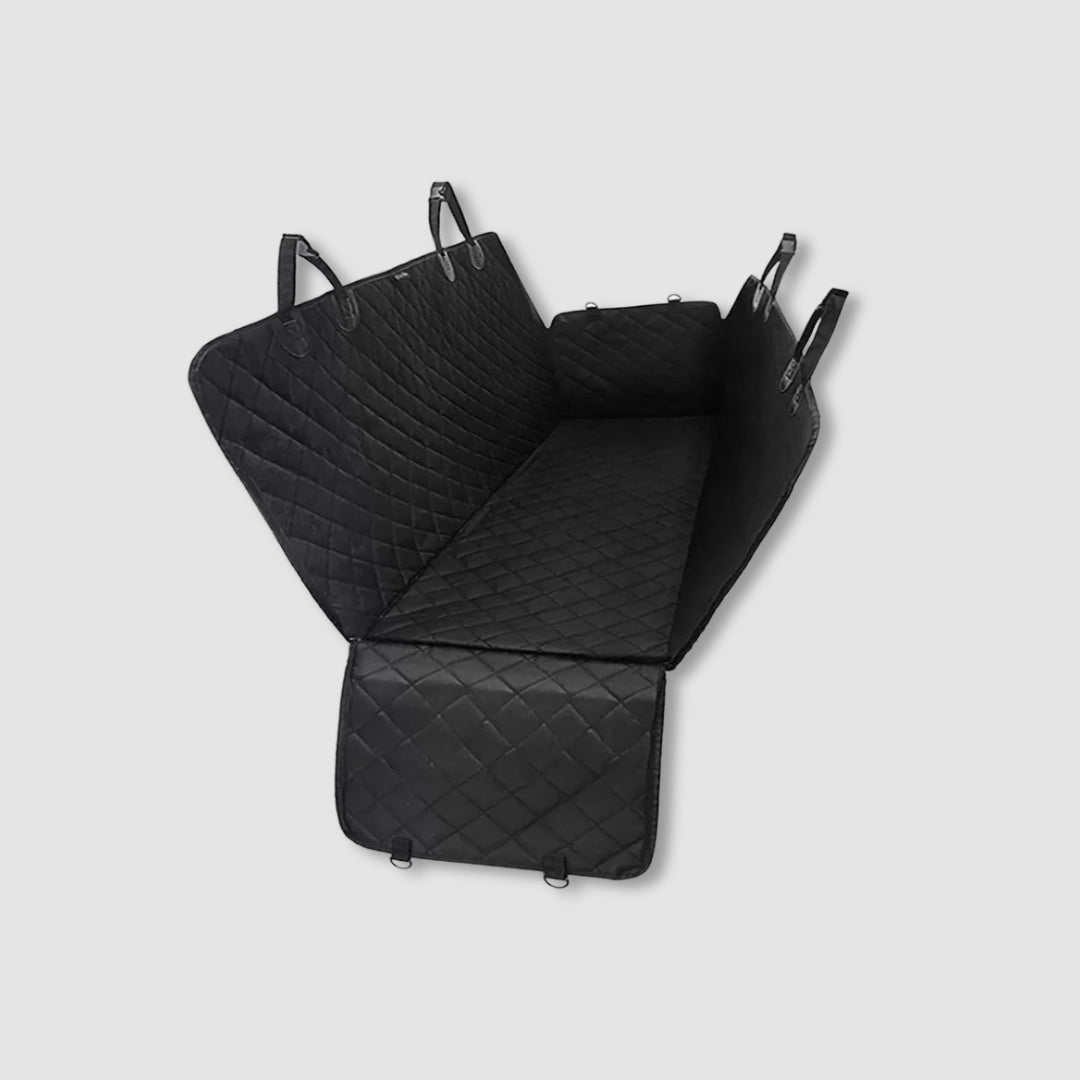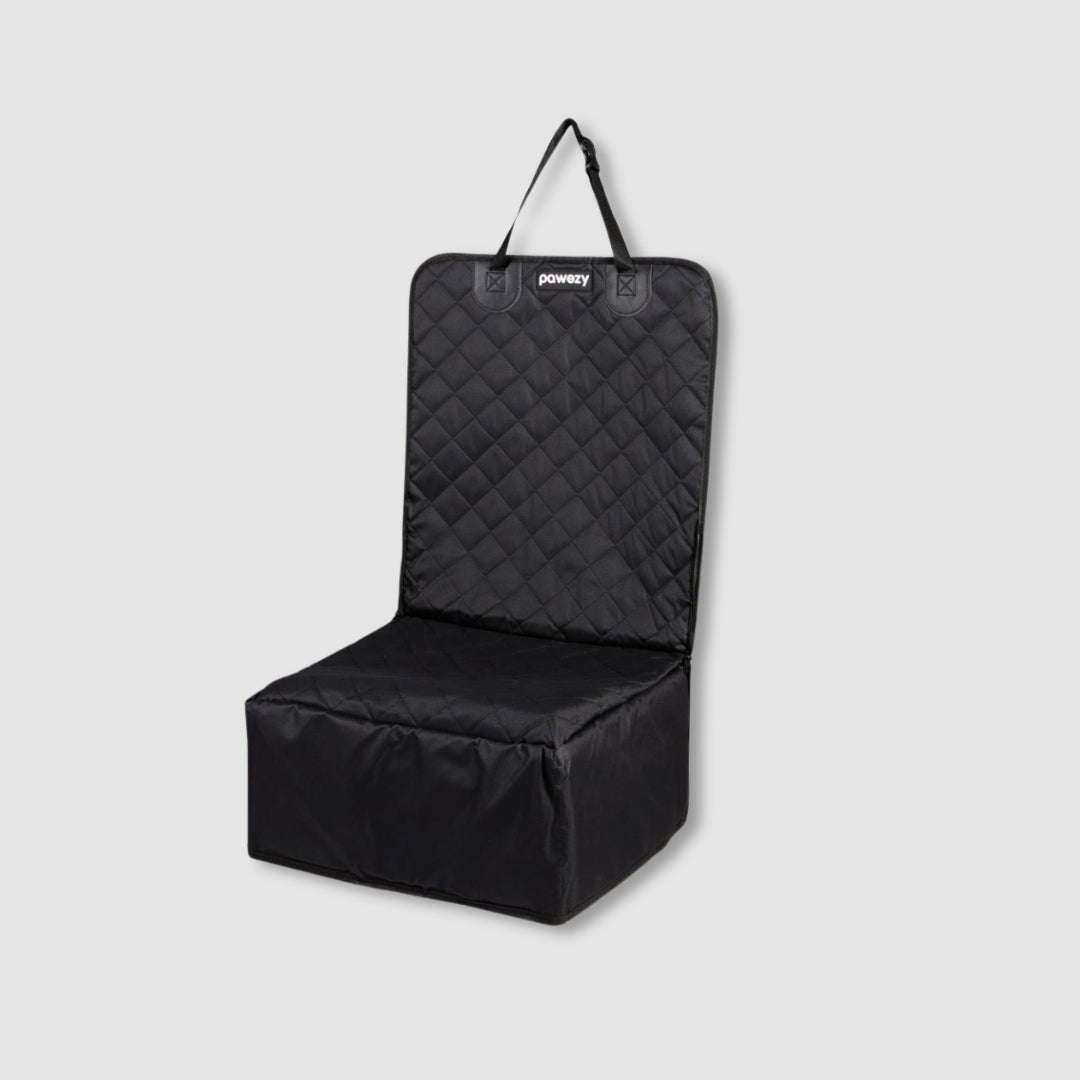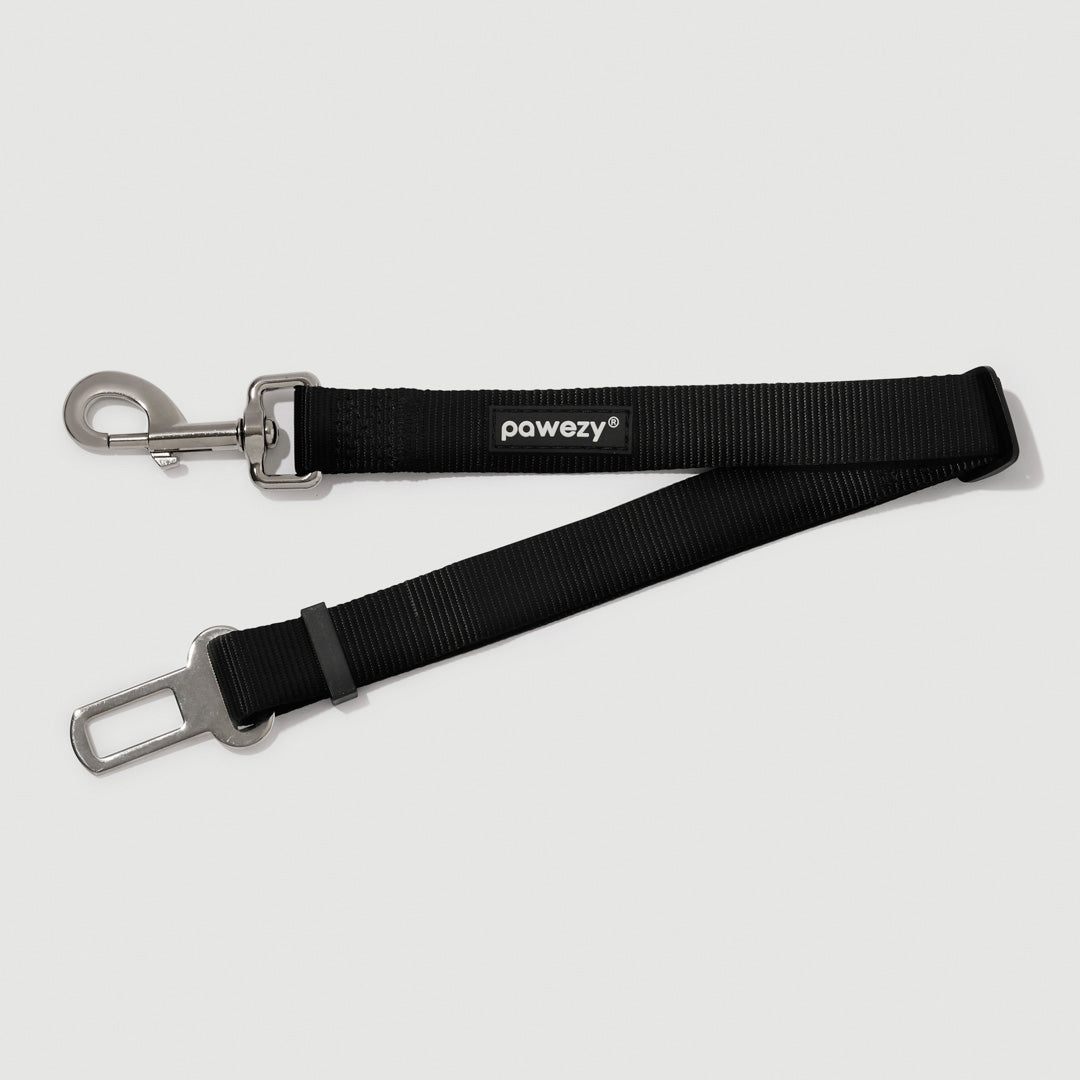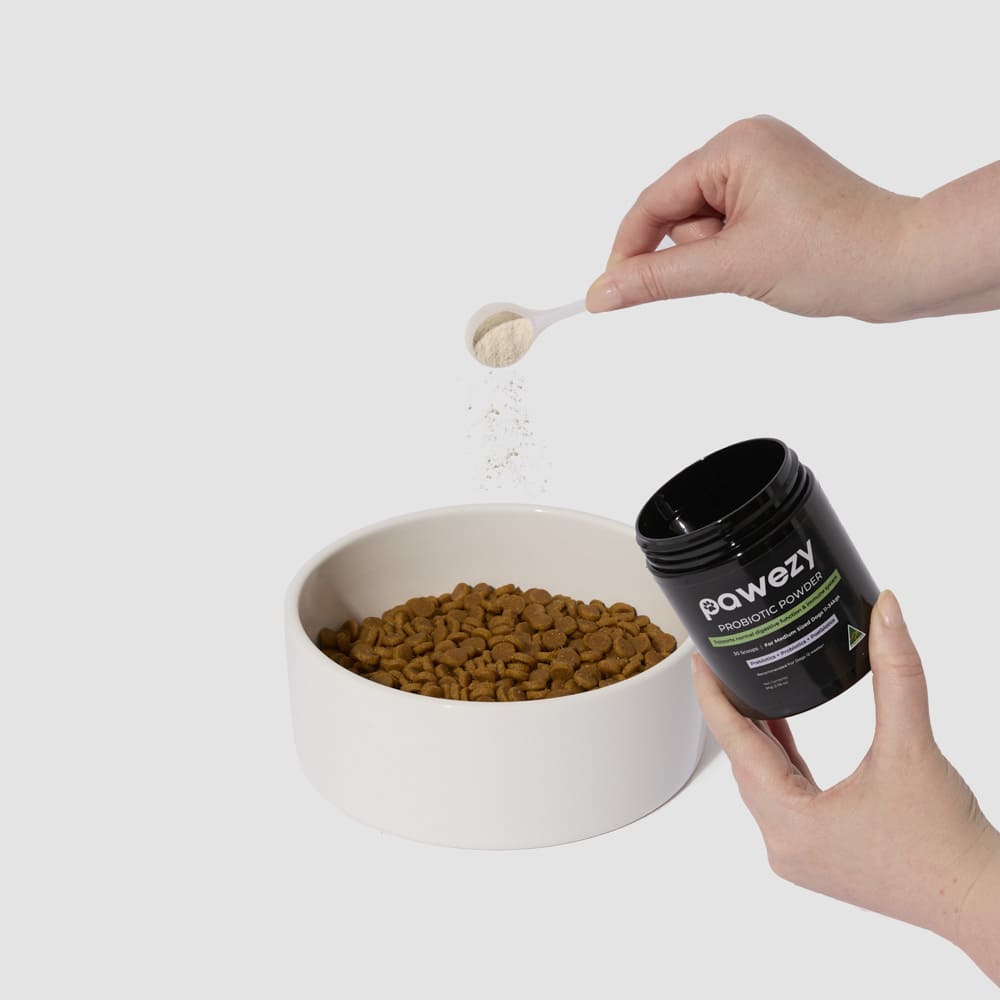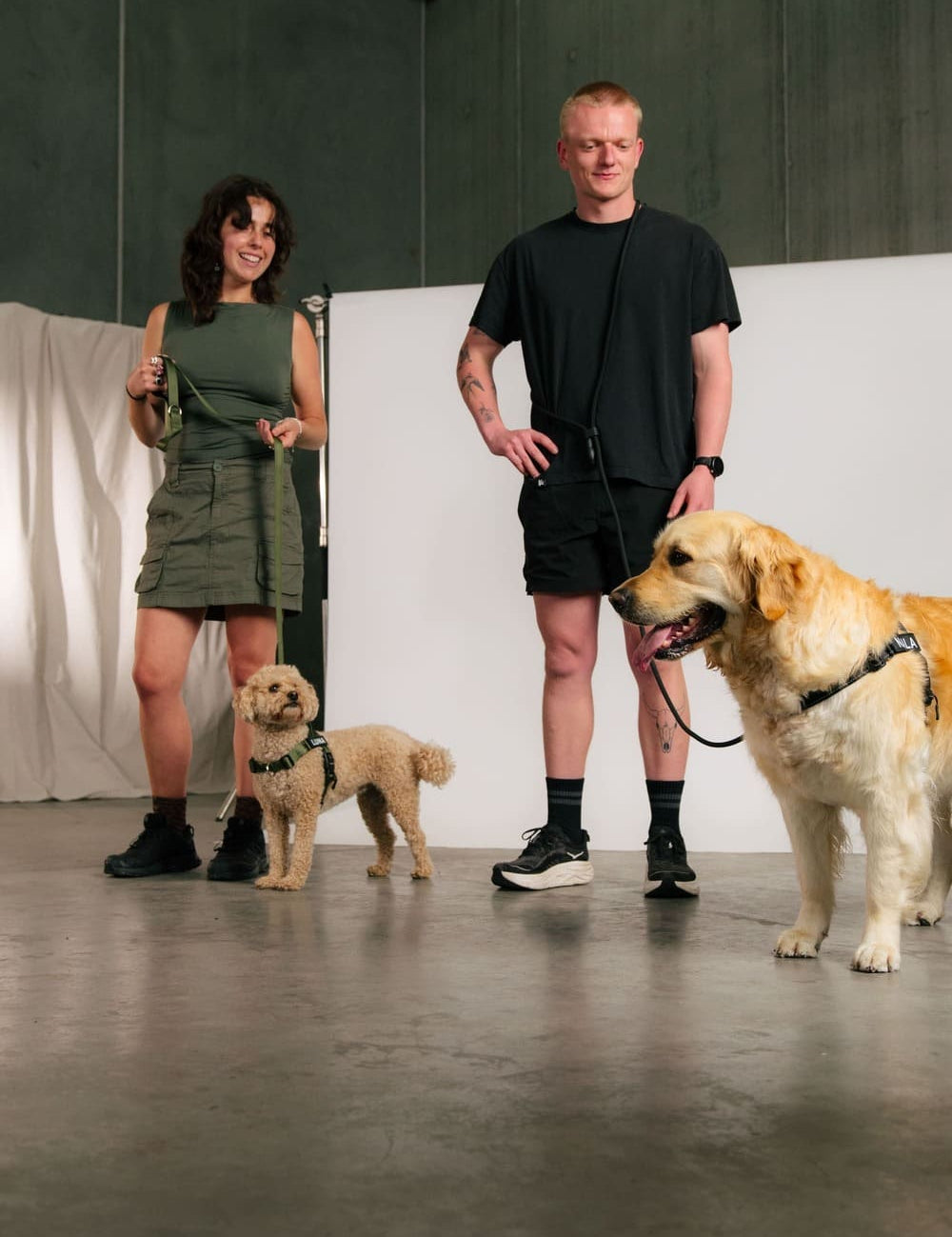What are These Strange Dog Behaviors Trying to Tell You?
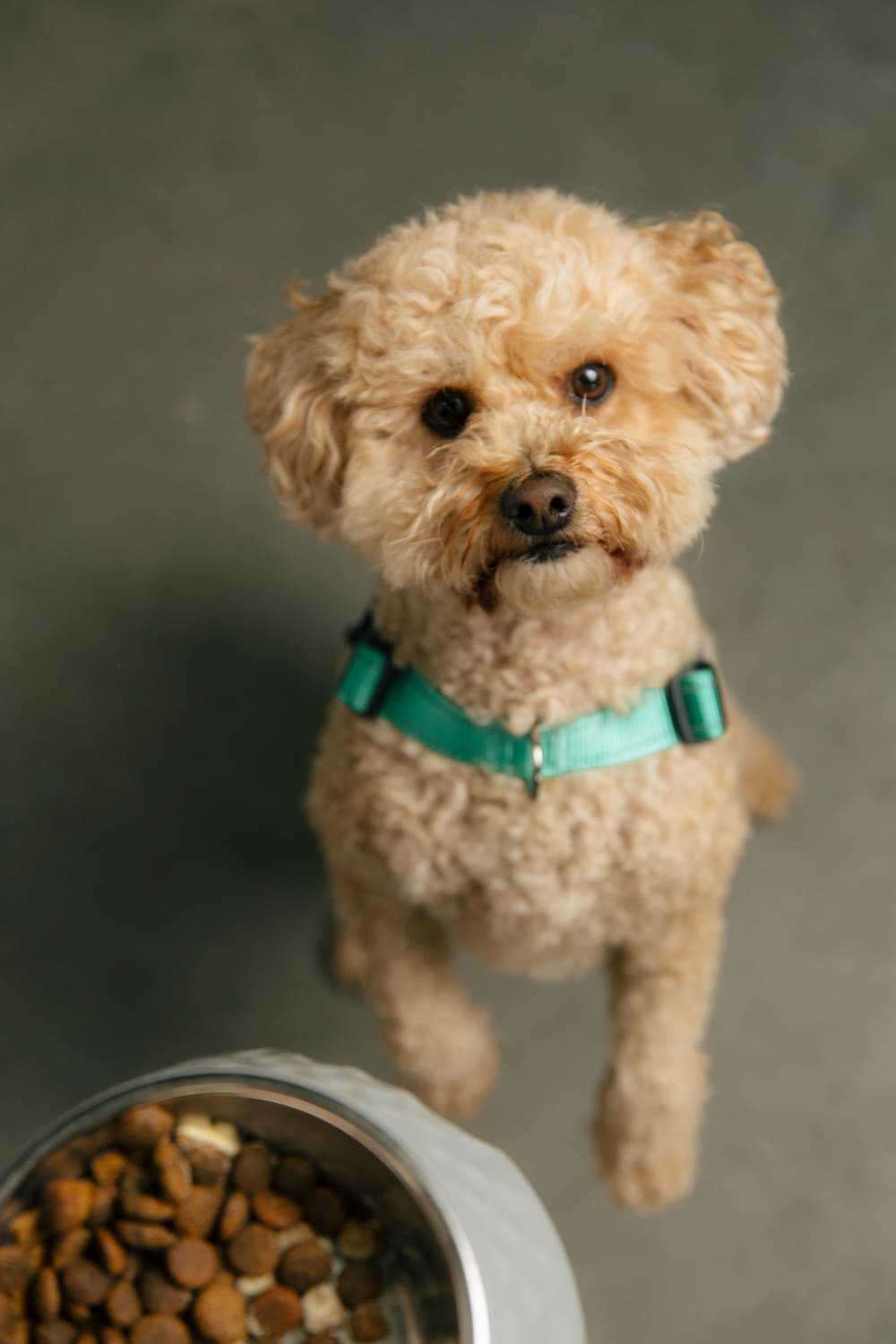
Have you ever noticed your dog tearing at their fur or devouring their paws? Many dog lovers are horrified or perplexed when they see their pup exhibiting odd behaviors like these. The first thing to do is figure out the "why" behind the behavior. Only then can you fix whatever problem is causing it.
Read on as we reveal the most common strange dog behaviors, what you can do to help, when you need to take Fido to the vet, and more. Let's get into it!
Scratching Incessantly or Intensely
Every dog scratches themselves at some point. Maybe they've got an itch after coming into contact with something that's irritating their skin. Or perhaps they're bored and want to keep their paws busy for a few minutes. Scratching is not a problem unless your pup is scratching a lot or digging into their skin intensely.
If every time you look up, your doggo is scratching, one or more of these issues could be to blame:
- Allergies from the environment or a food that their body doesn't agree with.
- Parasites, like fleas, mites, and ticks.
- Deficiencies in important minerals and vitamins, such as zinc and omega-3.
- Skin dryness issues, leading to a persistent itch.
- And more
Aside from scratching, you may notice excessive self-grooming or chewing, either all over the body or in targeted spots.
It's critical to uncover the cause and remedy it, because this issue can lead your dog to develop one or more hot spots (acute moist dermatitis). This is a condition where aggressive or constant scratching can cause irritated, reddened, wet patches to develop on the dog's skin. They'll then be incredibly sore and generally unhappy.
What to Do
To help identify the cause of this scratching issue, you'll start with your eyes. Look very closely at the skin wherever they've been scratching. You might notice redness, irritation, swelling, hair loss, or other issues that may require a once-over by a veterinarian or a skin and coat supplement.
Licking Their Paws
When it comes to self-grooming, it's 100% normal for a dog to lick their paws. But if it seems like they're doing it aggressively, or that grooming is taking up a large portion of their day, this behavior deserves some serious attention from you. Here are just a few reasons why your pup has developed this behavioral tendency:
- Their paw was injured.
- They're having an allergic reaction to food or the environment, and that's causing their paws to itch.
- They have some sort of bacterial infection that's affecting the paws.
- The skin on their paws is irritated or dry.
Sometimes, a pup may lick their paws for no reason at all (when they're bored), and other times it could be tied to a psychological problem.
What to Do
To investigate this issue, the first thing to do is to examine your dog's paws (top and bottom). Look at each toenail and all the nail beds. Then, check each of your pup's digits and the skin that separates them. You may notice bruising, bleeding, or even an object that's gotten stuck. If you find a mild injury, feel free to treat it yourself if you're confident.
If you're ever unsure of what's going on with your pup, you can call a vet for advice and/or an in-person examination.
Since dogs often deal with skin irritation and dryness, nail issues, and vitamin deficiencies, veterinarians sometimes recommend skin and coat supplements for dogs. The best ones contain skin-hydrating omega-3s, zinc, and vitamins C and E.
Restlessness at Night
Does your dog pace, fuss, or full-on freak out at nighttime? In some cases, this is nothing to worry about. And in others, it's a red flag. So, chalking it up to a phase or ignoring it isn't the right thing for any pet parent to do. It's time to look deeper.
- Nighttime restlessness in dogs, though common, can be a marker of issues like:
- Tummy pain, dental problems, or other pain-inducing ailments.
- Discomfort from being too hot or cold, or having to sleep on an uncomfy bed.
- Psychological issues like anxiety or stress from being separated from their owner at night, or big life changes unrelated to sleeping.
- An aversion to certain noises, like thunder and lightning, gunshots, and sirens. These sounds are typical in large cities.
- Not having expended enough energy throughout the course of the day. If that energy were being burned off, the dog might be better able to relax at night.
- Insufficient training on sleep etiquette.
What to Do
First and foremost, you'll want to rule out medical issues and pains. They might limp, whine, take on an odd posture, or seem irritable, among other things. After determining that your dog isn't in pain, you may look into a dog calming powder supplement to promote stress relief and relaxation for more restful nights. Should the restlessness continue, take your pup to a vet for a professional opinion.
Hyperactivity or Anxiety During the Day
Maybe your four-legged friend sleeps wonderfully at night but bounces off the walls or struggles with anxiety during the day. Vets often see this behavioral issue. And, like everything else on this list, many things can cause this to happen:
- Your dog isn’t getting enough exercise each day.
- It's in your dog’s nature - certain breeds tend to be more active than others (border collies, Siberian huskies, and Australian shepherds, to name a few).
- Hyperthyroidism, where the dog's thyroid gland is producing too much hormone - it's exceedingly rare.
- And more.
What to Do
Make sure your dog is getting enough time and ample opportunities for full-on play and brain engagement. And if your dog is a naturally hyper breed, make sure you're giving them grace and allowing them the space to be their natural selves.
More often than not, hyperactivity isn't related to a dangerous health issue. Many pet parents are also turning to calming dog supplements with ingredients like ashwagandha and chamomile. These ingredients help regulate their pup's mood and support a more relaxed, balanced temperament.
When to Take Your Dog Straight to the Vet
Although some quirky behaviors can be handled at home, there are times when it's best to skip the guesswork and head straight to the vet. If your dog is scratching, biting, or licking their paws so much that they're losing fur, causing open sores, or making their skin red and raw, that's your cue. This kind of behavior can quickly spiral into something more serious, like infections or painful hot spots.
Also, keep an eye out for other red flags: limping, whining, bleeding, swelling, or any sudden change in behavior. If your dog goes from normal to obsessively focused on one body part, it could be something that needs medical attention. And if the licking or scratching comes with vomiting, diarrhea, or a loss of appetite, don't wait it out. Call your vet.
At the end of the day, you know your pup best. If something feels off, trust that gut feeling and check in with your vet. It's always better to be safe than sorry when it comes to your best friend's health.
Other Odd Behaviors Dogs Exhibit
Not all strange dog behaviors fall into the common categories. Some are a little more unusual but still worth paying attention to. Here are a few you might notice and what they could mean:
Pica (Eating Non-Food Items)
If your dog is constantly trying to eat rocks, dirt, socks, or paper, or other things that aren't food, it might be more than just curiosity. This behavior, called pica, can be a sign of nutritional deficiencies, boredom, anxiety, or even an underlying GI illness. It's not something to ignore, especially if you notice that it happens a lot. Talk to a vet just to be safe.
Chasing Their Tails or Spinning Around
We're fully aware; tail-chasing can be funny, especially in puppies. But if it's happening often or seems compulsive, don't overlook it. It could indicate anxiety, pent-up energy, or even a neurological issue. If the spinning happens nonstop or is paired with whining or disorientation, it's time for a vet check.
Scooting
When dogs drag their bottoms across the floor, it's usually a way of telling you something's wrong back there. Scooting is commonly linked to anal gland issues, allergies, or even intestinal parasites. It's vital to address these issues under a vet's guidance.
Head Pressing or Excessive Drooling
Head pressing (when a dog presses their head against a wall or surface for no clear reason) is not normal, and it can be serious. It may be the result of a neurological issue or toxin exposure. Excessive drooling, especially if it's new or paired with other symptoms like shaking or vomiting, could point to dental issues, nausea, or something more serious like poisoning. Both behaviors call for a trip to the vet, ASAP.
So, what's the bottom line? Some weird behaviors are just dogs being dogs. But others are your pup's way of telling you something isn't right. When in doubt, don't hesitate to dig a little deeper or get your pup some professional help. We hope you found all the information you were looking for, and we wish you the best as you give your pup the best possible care.





